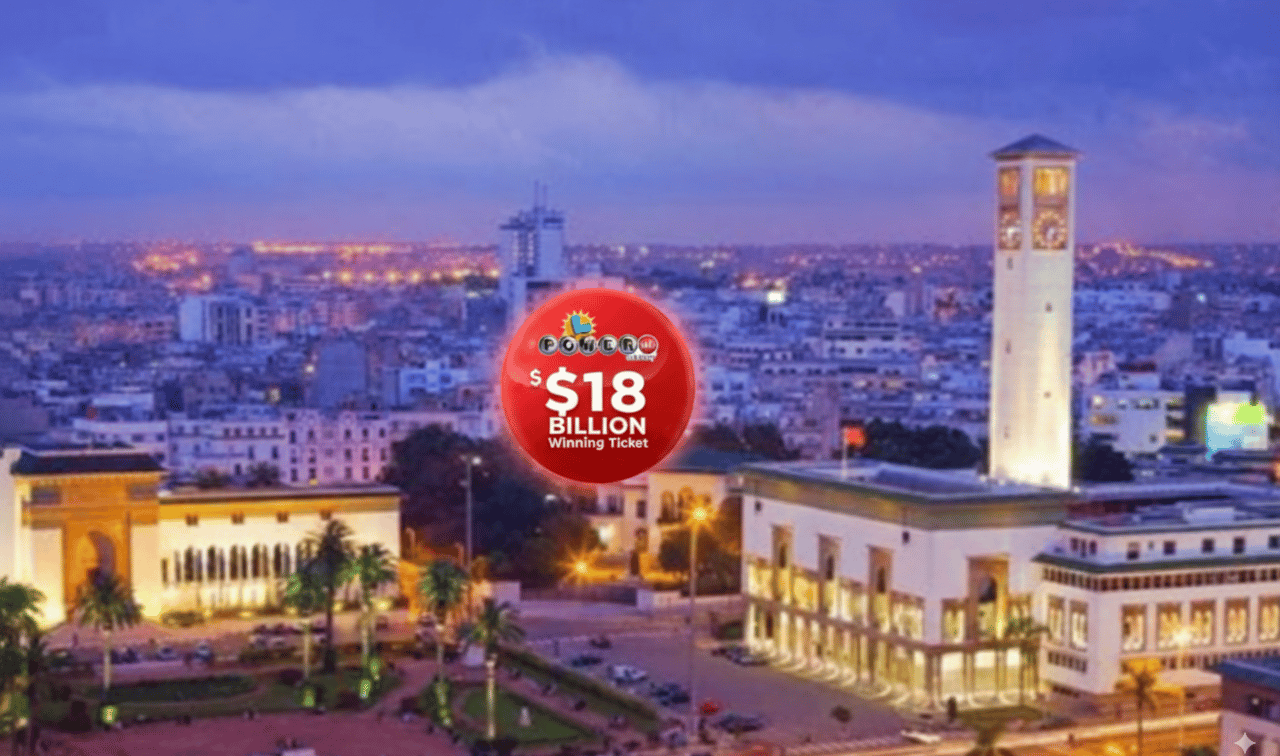Morocco's $18 Billion Lottery Ticket: The First Step on the Road to a Bankable Asset
Morocco's recent gold discovery could be worth billions, but is this a guaranteed fortune or just a promising lottery ticket? This article explores the critical difference between a mineral "resource" and a proven "reserve," using Morocco's story to highlight the immense challenges a country faces on the long and difficult road to turning a geological find into a source of real, lasting wealth.
9/14/20253 min read


The headline is a geologist's dream:
"Morocco's Major Gold Discovery."
Preliminary estimates suggest the country has found 34 high-grade quartz veins with up to 3-5 million ounces of gold. With today's gold prices, this find could be worth between $11 billion and $18 billion.
For Morocco, currently a minor player in the African gold market, this is more than just a finding; it’s a statement of potential, much like holding a promising lottery ticket.
Why a Lottery Ticket?
But what does a discovery of this magnitude truly mean for a country? The journey from a promising find to a source of national wealth is long and fraught with challenges. To understand the road ahead, it's essential to grasp the critical distinction between a mineral resource and a mineral reserve.
A mineral resource is a concentration of a material with potential economic interest in the Earth’s crust. It's a statement of geological potential, not a guarantee of profitability. These initial estimates are based on early exploration and are not yet a proven asset.
A mineral reserve is the part of a resource that has been proven to be economically mineable. This means that after extensive, rigorous studies, a company has demonstrated the deposit can be extracted profitably under current market conditions. The journey from a resource to a reserve is not geological; it's a complex business and risk assessment that requires billions of dollars in investment.
Morocco's gold find is a textbook example of a mineral resource, and the real work is only just beginning. The difficult path of converting this potential into a national asset requires successfully navigating a series of real-world hurdles known as "Modifying Factors".
The story of this discovery illustrates the profound ups and downs that come with newfound mineral wealth.
The Upside: The Promise of the Lottery Ticket
A discovery of this scale holds immense promise for Morocco. Mineral finds can attract significant foreign investment, especially for countries seeking new sources of development. This investment can spur economic growth, create new jobs, and generate substantial government revenue through royalties and taxes. The influx of capital can also lead to the development of critical infrastructure that benefits the entire population, such as roads and power grids. Morocco's push to solidify its role among Africa's mineral-rich nations is a direct reflection of this potential for national growth.
The Downside: The "Resource Curse" and Other Challenges
The path to prosperity is not guaranteed. The discovery points to a significant risk known as the "resource curse" or "paradox of plenty". This is the counter-intuitive phenomenon where countries with an abundance of natural resources can experience lower economic growth and poorer development outcomes than those with fewer resources.
This can happen when a sudden rush of wealth leads to economic distortion, such as making other export industries uncompetitive. It can also fuel political instability and corruption if not managed correctly. The report on the Moroccan discovery also highlights other practical challenges that will need to be overcome, such as illegal mining and smuggling, which are often linked to human rights abuses.
In addition to these risks for the country, a mining company pursuing the project will face its own set of challenges. Mining projects are incredibly "capital intensive," requiring billions of dollars in upfront investment with long timelines before any money is returned. Delays in the permitting process due to bureaucracy or legal challenges from community and environmental groups can also be a major obstacle, sometimes leading to project cancellation.
In conclusion, Morocco's gold discovery is an exciting first step. But the real story has only just begun. The journey to a profitable mine will be determined by how effectively the government and its partners can navigate the complexities of converting a potential resource into a valuable, bankable reserve.
QUICK LINKS
Gold
EASY
CONTACT US
email: info@easygold.com


Office: Nairobi Garage, Westlands, Nairobi, Kenya
Tel +254 716543259
